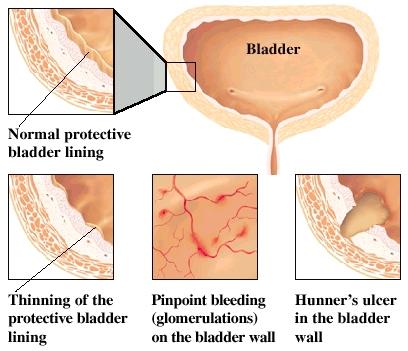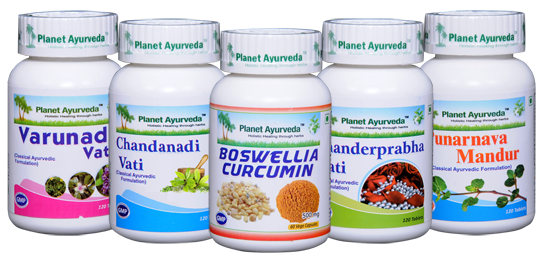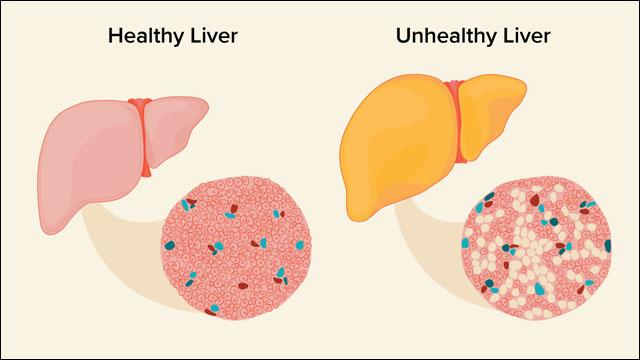Herbal Remedies for Interstitial Cystitis - Bladder Pain Syndrome

Abstract
Interstitial cystitis is a chronic pelvic condition which affects the urinary bladder. Our urinary system includes bladder, kidneys, ureters and urethra. The urinary bladder is a hollow viscus organ located in the pelvic region, anterior to the rectum in both sexes and the uterus in the females. Patients suffering from this condition often describe pain in the bladder with an intense sensation of urinary urgency. The precise cause for this is not well- understood. Interstitial cystitis characterised by the inflammation of the bladder’s lining with severe discomfort and urgency of urination.Introduction
Interstitial cystitis is also known as bladder pain syndrome. It is a complex and chronic medical condition that primarily affects the urinary bladder. Interstitial cystitis is the inflammation of the urinary bladder characterised by thickening of bladder. This condition can affect our social life, sleep, ability to work etc. This condition is mostly found in women. The most common causative organism of cystitis is Escherichia Coli bacteria which spreads from the rectum to the urethra. Stasis of urine may cause overgrowth of bacteria in the urinary tract. According to ayurveda it is called as Basti shoola (pain in bladder). This condition occurs due to aggravation of vata and pitta dosha which can cause mutrakricha (dysuria), daha (burning sensation), Vankshan aanah (suppression of urine). The treatment according to ayurveda is Basti shodhana chikitsa (ayurvedic enema) and shaman chikitsa (palliative treatment).
Causes
The exact cause for interstitial cystitis is not clear but it might be due to
- Damage to the bladder lining
- Hyperactivation of the mast cells
- Fibrosis
- Chronic stress
- Immune mediated response
- Hold urine for too long
- Have a pap smear test
- Wear tight pants and undergarments
- Urinary tract infection
Signs and Symptoms
Symptoms may be mild or severe. Severity is different for everyone. The most common symptoms of interstitial cystitis are-- Urgency- feeling that you need to urinate right now.
- Intense Pain in your pelvis- As the bladder starts to fill, you may feel pain and it gets worse until you urinate.
- Frequent urination- often in small amounts, throughout the day and night.
- Burning micturition
- Pain in lower abdomen, lower back.
- Tenderness around the bladder.
Diagnosis
No single test can diagnose interstitial cystitis. In this case it is very difficult to find a clear diagnosis. Some of the factors which helps to diagnose are-- History and physical examination of the patient's- Physician will ask about number of voids per day, episodes of urgency, hematuria, characteristics of pain like duration, location, character, pain relieved by voiding, time, dysuria etc. a detailed gynaecological history and pelvic examination should be performed on all female patients.
- Urine culture and cytology- collecting urine samples for white blood cells and bacteria.
- Bladder wall biopsy- in this tissue sample is removed from the bladder to check abnormal cells.
- Cystoscopy- A thin flexible tube with a camera is inserted through the urethra to examine the bladder and other parts of the urinary system.
Ayurvedic Point of View
According to ayurveda there are three doshas - Vata, Pitta and Kapha. Balance between these doshas is very important for a healthy body. As per ayurveda interstitial cystitis is characterised as Basti shoola (pain in the bladder). When vata gets aggravated, it suppresses the urges like urine and gets placed in basti. It obstructs the elimination of urine and causes shoola (pain) in the basti (bladder). The pitta dosha also gets aggravated in this condition which can cause burning sensation. The symptoms according to ayurveda are mutrakricha (dysuria due to vitiated vata), daha (burning sensation due to vitiated pitta dosha), Vnkshan aanah(suppression of urine due to vata dosha) etc. The line of treatment for basti shoola is the elimination of the vitiated vata and pitta. It can be done by Basti shodhana chikitsa (Ayurvedic enema) and shaman chikitsa (Palliative treatment). One of the best ayurvedic herbs for its treatment is Gokshura (Tribulus terrestris) having mutrala (diuretic) properties. It helps to suppress vitiated vata and pitta dosha. Some other herb Chandan (Santalum album) helps in daha shaman (burning sensation) by suppressing Pitta dosha. It is also diuretic in nature. Punarnava (Boerhavia diffusa) is tridosha hara which helps to balance vata, pitta and kapha dosha. It has mutrala (diuretic) properties.Herbal Remedies for Interstitial Cystitis by Planet Ayurveda

Planet Ayurveda provides the best and effective combination of herbal remedies for interstitial cystitis with IC care Pack. We provide 100 percent pure and natural products. They are prepared by using the best quality herbs and strictly follow the principles of Ayurveda. They are preservative free and safe to use. These herbal remedies are formulated in the guidance of Dr. Vikram Chauhan (MD-Ayurveda).
Dosage- 2 tablets two times in a day with warm water.
Dosage- 2 tablets two times in a day with warm water.
Dosage- 2 tablets twice in a day with warm water.
Dosage- Two tablets twice in a day with warm water.
Dosage- 2 capsules two times in a day with warm water.
Product Description
1. Chandraprabha Vati
This formulation is in tablet form. It contains chandraprabha/karpura (Cinnamomum camphora), haridra (curcuma longa), musta(cyperus rotundus), vacha (acorus calamus). It has anti- inflammatory and anti- bacterial properties. It balances pitta dosha in our body. It also helps to reduce the pain.Dosage- 2 tablets two times in a day with warm water.
2. Chandanadi Vati
It is in tablet form. This formulation has safed chandan(santalum album), amalaki (Phyllanthus emblica), Gokshura (Tribulus terrestris) etc. This ayurvedic formulation controls the burning sensation by balancing pitta dosha in the body. It helps to soothe the inflamed mucosa of the urinary tract. Gokshura has diuretic (Mutrala) properties.Dosage- 2 tablets two times in a day with warm water.
3. Punarnava Mandur
This herbal product is in tablet form. This contains punarnava(boerhaavia diffusa), shunthi(zingiber offinale), pippali(piper longum), maricha(piper nigrum), vidanga(embelia ribes). It increases the urine flow. This formulation helps to control recurrence of infection.Dosage- 2 tablets twice in a day with warm water.
4. Varunadi vati
This formulation is in tablet form. It contains ayurvedic herbs like Punarnava (Boerhavia diffusa), Varun (Crataeva nurvala), Gokshura (Tribulus terrestris), Shuddha guggulu (Commiphora mukul). It has anti- inflammatory, anti- microbial and diuretic properties. It supports urinary wellness.Dosage- Two tablets twice in a day with warm water.
5. Boswellia Curcumin
This product is in a capsule form. It consists of two ayurvedic herbs which are Shallaki (Boswellia serrata) and Haridra (Curcuma longa). Shallaki is useful to manage pain and burning micturition. Haridra helps to reduce the inflammation in the urinary tract.Dosage- 2 capsules two times in a day with warm water.




Comments